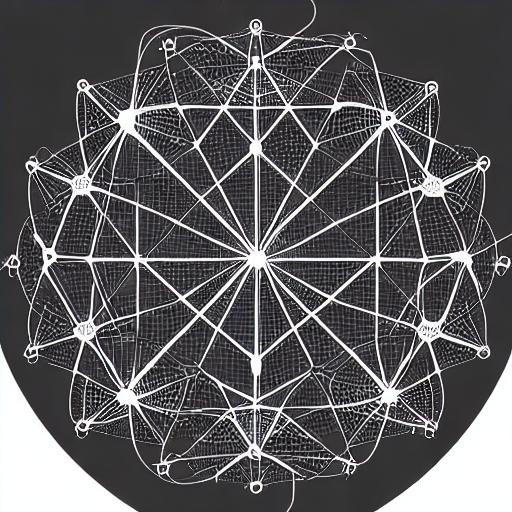Ethereum is a decentralized open-source blockchain network that enables users to create and execute smart contracts. But what does that actually mean? Let’s break it down into simple terms.

At its core, Ethereum is a digital platform that allows people to build applications without relying on traditional intermediaries, such as banks or governments. It functions as a decentralized computer network, where thousands of computers, called nodes, work together to maintain the platform’s operations.
One of the key features of Ethereum is the ability to create and execute smart contracts. You can think of a smart contract as a self-executing agreement written in code. These contracts automatically enforce the terms and conditions, removing the need for intermediaries or third parties. For example, if you want to purchase a house, you can create a smart contract that automatically transfers the ownership of the property to you once the payment is received.
Ethereum’s native cryptocurrency is called Ether (ETH), and it plays a crucial role in the network. Ether is used to incentivize nodes to validate transactions and secure the Ethereum network. It is also required to pay for computational power and storage space on the Ethereum network. So, every time you interact with a smart contract or use an Ethereum application, you’ll need to pay a small fee in Ether.
What sets Ethereum apart from other cryptocurrencies, like Bitcoin, is its ability to support the development of decentralized applications (DApps). DApps are open-source applications that run on the Ethereum blockchain, meaning they are decentralized and resistant to censorship or downtime.
Developers can leverage Ethereum’s programming language, Solidity, to create DApps that can revolutionize various industries. For example, DApps can be used to create decentralized finance (DeFi) systems that eliminate the need for traditional financial intermediaries, such as banks. They can also enable the development of decentralized social media platforms, where users have full control over their data and content.
Ethereum operates on the principle of consensus, meaning that all participants must agree on the state of the network. This is achieved through a consensus algorithm called “Proof of Stake.” In simple terms, instead of relying on expensive and energy-intensive mining like Bitcoin, Ethereum holders can “stake” their Ether by locking it in the network. In return, they have the opportunity to validate transactions and earn rewards.
Overall, Ethereum provides a platform for innovation and empowers individuals to participate in a decentralized economy. Its potential reaches beyond just digital currency, with the ability to overhaul existing industries and create new opportunities.
